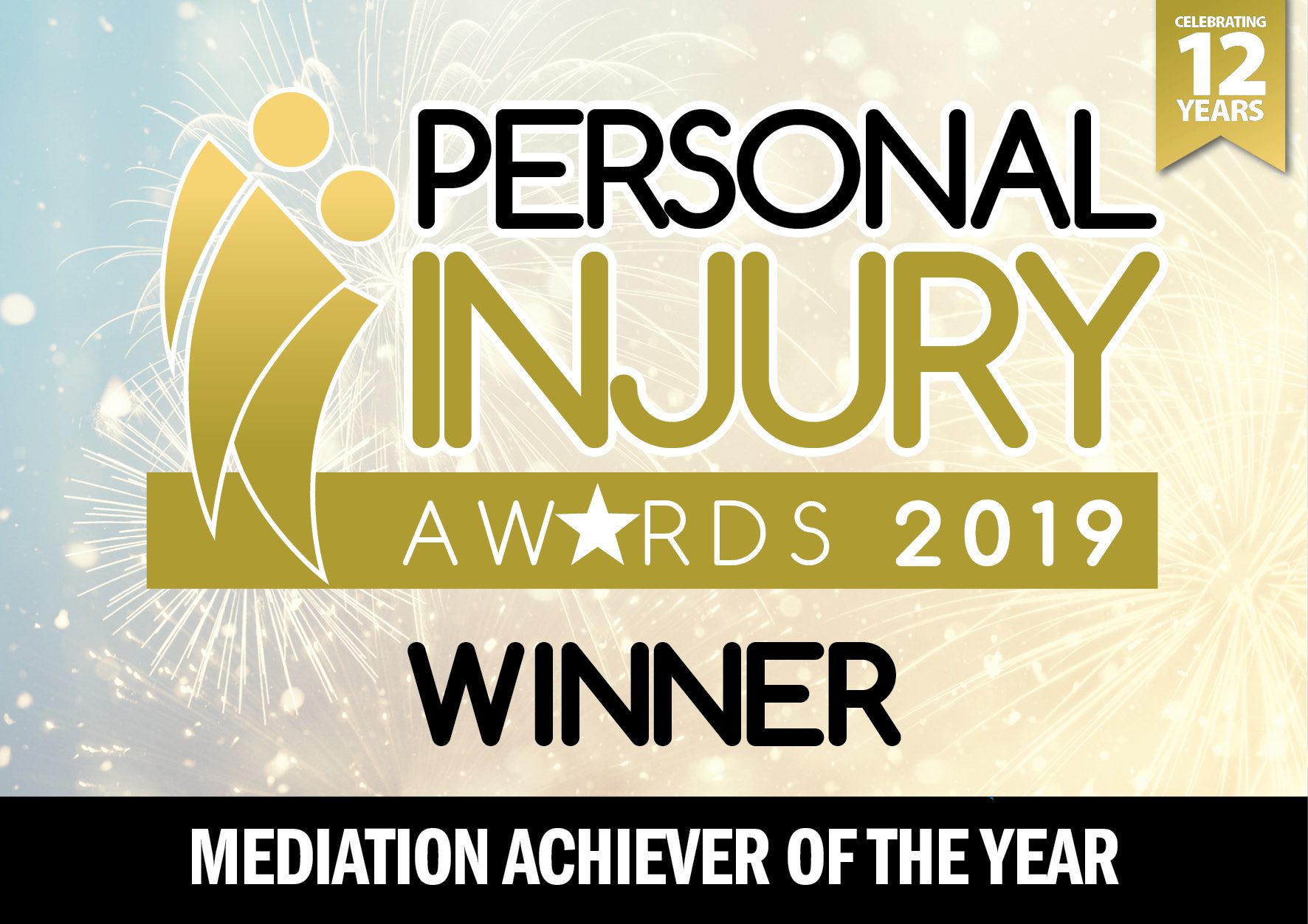
I practised as a litigation solicitor from 1993 until 2016, acting exclusively on behalf of seriously injured people; including amputees and those with severe brain injuries. Many were affected with cognitive psychological and psychiatric injury and had significant personality change. All of these cases were resolved through adversarial litigation.
I came to mediation recently, having just completed the LLM in Mediation and Conflict Resolution at Strathclyde University. Discovering mediation as a means of dispute resolution has been an eye-opener. It now seems to me that mediation can achieve a much more efficient, humane and cost-effective resolution to legal disputes than litigation potentially lasting for years.
Personal injury mediation practice is not widespread in Scotland, or the UK; but is widely practised in the USA. What does it offer that litigation doesn’t? Can mediation complement litigation with solicitors remaining an essential part of the process, still providing expert legal advice that injured people need?
What litigation lacks, is that clients who are badly injured never get to tell their story; to ‘get it off their chest’ and move on. In mediation, they can tell that story- including the effect of the injuries on them- in the way that they want to; not in a stilted, abbreviated form in written legal documents. Mediation can enable injured people to talk to those ‘responsible’ for their often life-changing injuries. It can help people gain closure. In some cases, given mediation’s confidentiality, it could lead to an apology; often as important as compensation. Mediation gives injured people a voice.
Solicitors often don’t know what mediation involves; and they worry about losing control- in case that damages client interest. The opposite is true- solicitors and counsel are present in mediation with their clients. They still fulfil their role of providing good legal advice. Parties decide who talks to who, when, and with whom present. Mediation gives injured people more control and involvement than they have in litigation, where their participation can be belated and tightly controlled. Their active involvement in mediation lessens the risk of relationship breakdown between solicitor and client.
Mediation is confidential; conversations, documents and evidence adduced in the room, stay in the room unless by mutual agreement. There are usually difficulties and weaknesses on both sides in a personal injury litigation-and experienced solicitors know these will eventually be exposed in court. It is better to air difficulties in the safe environment of mediation than in open court. Medical experts often have significant differences of opinion-they can be present in mediation so their evidence can be exchanged in dialogue as each explains the basis of their view, which can then be challenged by the other. This informs both sides, enabling better legal advice to be formulated reducing financial risk for all. These discussions often take place in private caucus in small groups for better management.
Having a mediator present can reduce personality clashes among solicitors, injured parties and medical experts. Mediators help keep the conversation going, where without them it can often break down. Mediation puts power to settle, and control, in the hands of the people involved in the dispute; not in the hands of a third-party arbitrator or judge-whose decision can be ‘final’ and who can get it wrong. Whether or not to do a deal is up to parties, no one else.
In many high value cases, seriously injured people often wait two to three years for a hearing in court. They cannot move on and may suffer psychological damage as a result of the long wait. For commercial funders, solicitors and insurers, payment for work done can take years, causing cash flow problems. Everyone loses. In mediation, dialogue can happen quickly- within weeks not years, often leading to settlement. Everyone wins; mediators ensure that the right parties are there, dealing with the right issues, having the right information to hand and facing the right consequences of walking away without a deal. As Carrie Menkel-Meadow says ‘negotiated justice may be better than legal justice in many, if not all, cases.’
Mediation is not a silver bullet, but it allows seriously injured people to be in control of the process and potentially achieve far earlier resolution.
